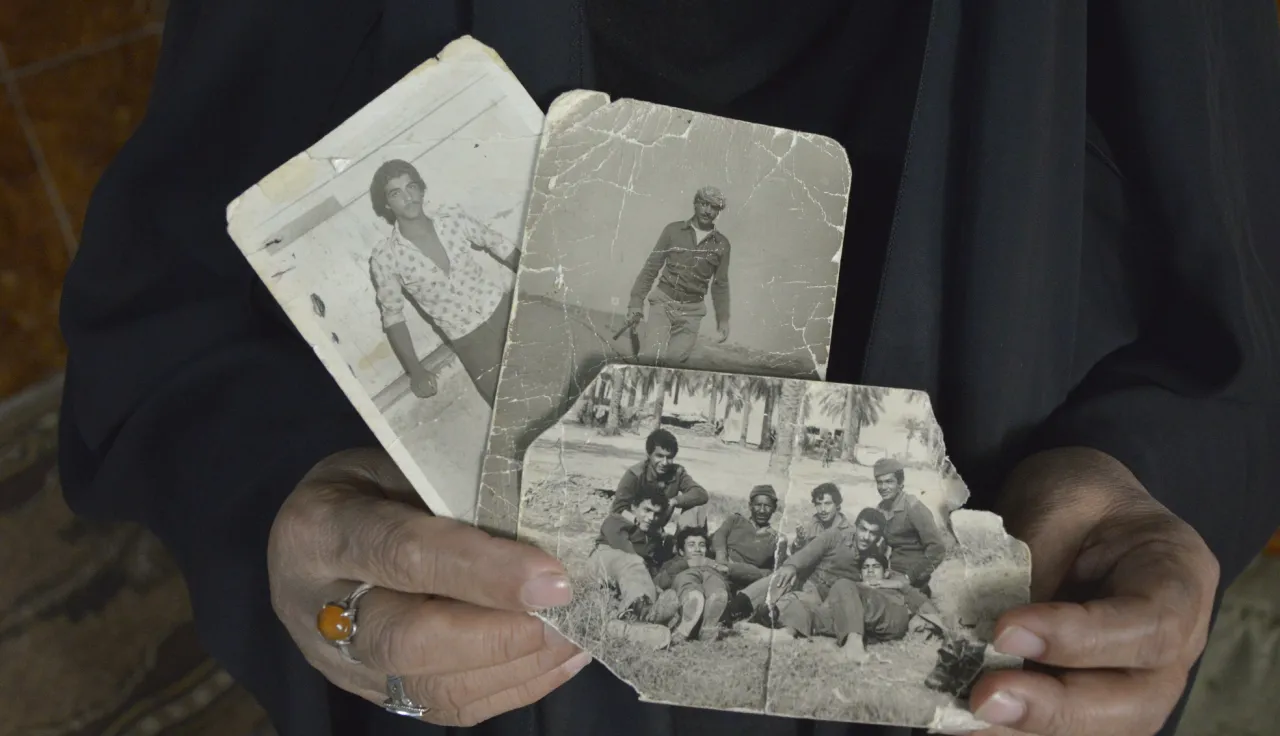The recent recovery of remains of people in Al-Muthanna Governorate, Samawa district, in southern Iraq, thought to have gone missing during the Iraq-Kuwait conflict offers hope to relatives still waiting for answers.
The remains are alleged to be of Kuwaiti citizens, including civilians and prisoners of war. Forensic DNA analysis will reveal the number of individuals recovered and provide information on their identity.
This is the second such discovery in just under a year, with remains from two sites exhumed in early 2019. The discovery of this additional burial site is also the result of joint efforts between Iraqi and Kuwaiti authorities, and experts from the International Committee of the Red Cross (ICRC), conducted within the framework of the Tripartite Commission (TC).
The commission hopes that the identification of these human remains will help bring closure to the families and relatives of a number of those who went missing during the war and answer questions about what happened to them. The find also underscores that the search for answers must continue while there is any shard of hope for further information on missing people.
The Tripartite Commission and its Technical Sub-Committee were set up in 1991 and 1994 respectively to help ascertain the fate of people missing in connection with the 1990-1991 Gulf War. They are chaired by the ICRC, and composed of representatives of the Republic of Iraq, the State of Kuwait, the Kingdom of Saudi Arabia, the United States of America, the United Kingdom and the Republic of France. The United Nations Assistance Mission for Iraq (UNAMI) joined later, in 2013, as an observer.
The last time remains of Kuwaiti citizens were found within the framework of the mechanism was in March 2019, while Iraqi remains were last recovered in 2011.
The members of the Tripartite Commission continue to work relentlessly to identify the whereabouts of those still missing in both countries from the 1990-1991 Gulf War.




